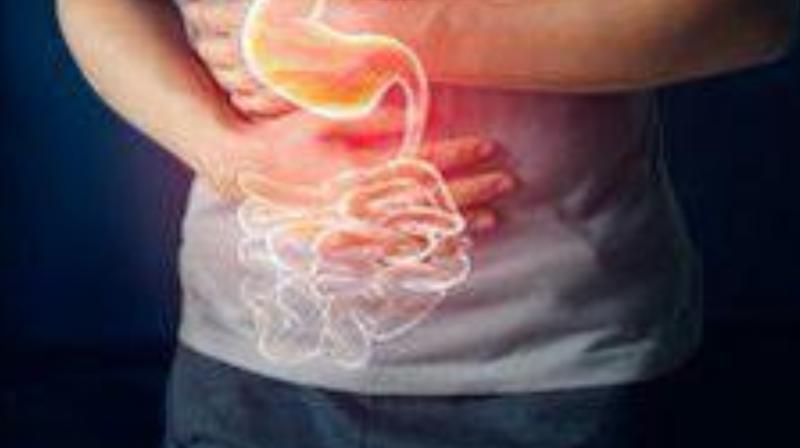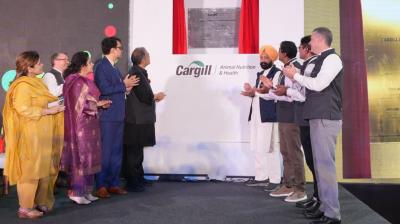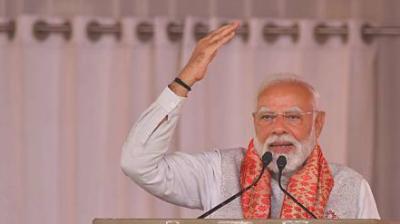
Hot weather affects our body in several ways that directly or indirectly contribute to the development or worsening of piles
Beat the Heat: Essential Tips to Care for Piles This Summer: As temperatures soar during the summer months, many health issues tend to worsen—piles (hemorrhoids) being one of them. While often considered a sensitive or private issue, piles are surprisingly common and can become more uncomfortable in hot weather. At Rana Hospital Sirhind, we see a noticeable increase in cases during this time of year.
Let’s understand why this happens and how you can prevent and manage piles during the summer season.
Why Are Piles Worse in Summer? Hot weather affects our body in several ways that directly or indirectly contribute to the development or worsening of piles:
Dehydration – Increased sweating leads to fluid loss. When the body is dehydrated, stools become harder, making bowel movements painful.
Constipation – A common result of dehydration and poor summer diet. Straining during bowel movements increases pressure on anal veins.
Sedentary Lifestyle – People tend to avoid physical activity due to the heat, which slows down digestion and contributes to constipation.
Spicy Foods – Summer cravings for cold drinks and spicy snacks can upset digestion and aggravate piles.
Excess Sweating in Anal Area – This can cause itching, irritation, and inflammation, making piles more uncomfortable.
Common Symptoms of Piles: Pain or burning during or after passing stool
Bright red bleeding from the anus
Swelling or lumps around the anal area
Constant feeling of incomplete bowel evacuation
Itching and discomfort in the anal region
If you notice these signs, especially during summer, it’s important to address them early.
Tips to Manage Piles During Summer: Here are simple, effective steps you can take to reduce discomfort and avoid flare-ups:
Stay Well-Hydrated
Drink at least 2.5 to 3 liters of water daily
Include buttermilk, coconut water, and lemon water in your routine
Eat a Fiber-Rich Diet
Add fruits like papaya, banana, watermelon, and vegetables like spinach, beans, and carrots
Avoid processed, fried, and spicy food
Keep Moving
Engage in light exercise like walking or yoga
Avoid prolonged sitting, especially on hard surfaces
Maintain Hygiene
Gently clean the anal area with water after bowel movements
Avoid using perfumed wipes or rough toilet paper
Keep the area dry to prevent irritation
Use Warm Sitz Baths
Sit in warm water for 10–15 minutes, twice a day, to reduce swelling and pain
When to Seek Medical Help? Don’t ignore the problem if:
Bleeding is frequent
Pain becomes unbearable
Over-the-counter creams offer no relief
Lumps increase in size or become infected
At Rana Hospital, Sirhind, we provide advanced, minimally invasive treatments for piles, including laser and non-surgical procedures that offer faster recovery and minimal discomfort.
About the Author: Dr. Hitender Suri is a renowned anorectal specialist with years of experience in treating piles, fissures, and fistula. With a patient-centered approach and cutting-edge treatment options, he has helped thousands of patients regain comfort and confidence in their lives.
Need Help? Book a Consultation
Rana Hospital Sirhind
BDO Office Road, Sirhind, Punjab
9814128667
www.ranapileshospital.com
Don’t let piles ruin your summer. Take action early—your health matters!














